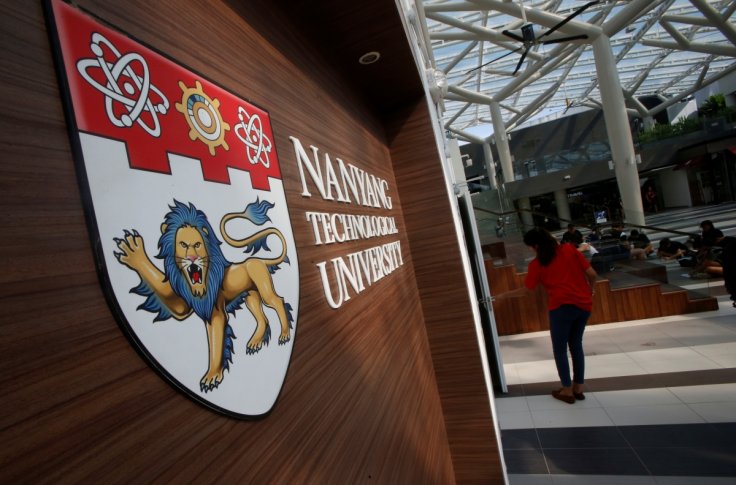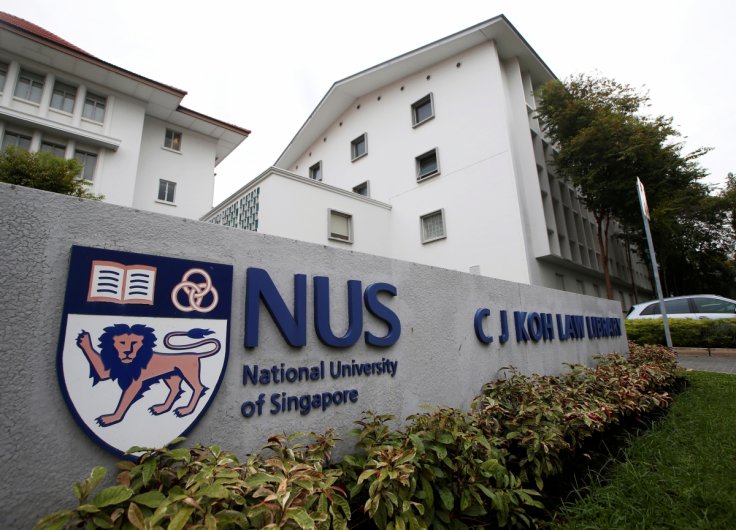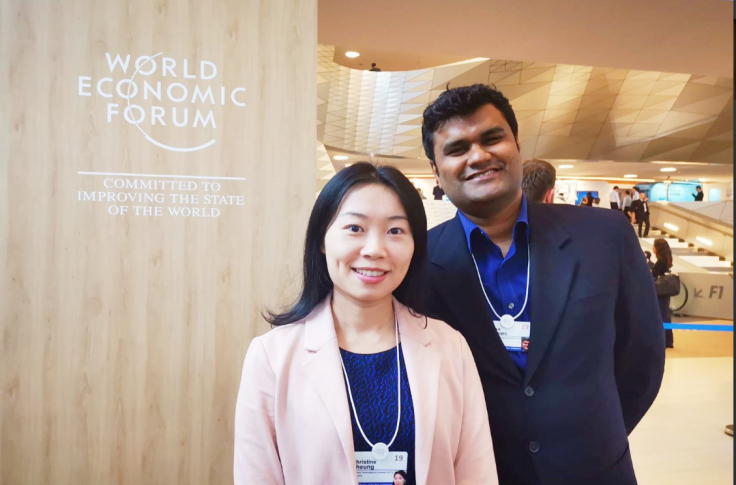
The World Economic Forum has released the names of "The Brightest Young Scientific Minds in the World," and this time, four Singaporeans from Nanyang Technological University (NTU) as well as National University of Singapore (NUS) have made it to the list.
The World Economic Forum, headquartered in Switzerland, has recognised 21 researchers across the world under the age of 40 for their cutting edge discovery as its prestigious Class of 2019 Young Scientists.

The organization stated that these scientists were selected for their contribution to advancing the frontiers of science in the areas of health, sustainability, inclusiveness and equity.
It also mentioned that the studies conducted by these brilliant minds cover "a diverse spectrum from ecology to quantum technology, physics and materials science to biology and bio-medicine, and universe sciences."
The platform recognized 10 bright stars from Asia, seven scientists from Europe and four from US and Brazil.
It should be noted that South Korea's Seoul National University is the only institution with the highest representation of three Young Scientists, and 13 of the 21 scientists are women.
From Singapore, NTU's Christine Cheung and Nripan Mathews, as well as from NUS Loh Huanqian and Benjamin C.K. Tee have made to the list of Young Scientists 2019.
Cheung is an Assistant Professor in Lee Kong Chian School of Medicine, NTU and is specialising in using stem cell technology to study blood vessels in ways that could lead to treatments for diabetes and strokes.
Since 2014, Nripan Mathews has been the Assistant Professor at the School of Materials Science and Engineering, NTU and the perovskite solar cells that he has developed are five times cheaper and more powerful than conventional silicon-based cells.

As an Assistant Professor at NUS, Huanqian has been into building blocks like Lego by using quantum and she is designing a new generation of solar cells and superconductors to meet the world's growing energy and computing needs.
The other Singaporean scientist, Tee's research focuses on exploiting novel materials and/or nano/micro-fabrication techniques to create novel flexible and stretchable electronic sensor devices. The skin-like sensor system helps the brain interact with prosthetic limbs, giving robots a sense of touch and enabling them to repair themselves.
Here are the names of other scientists from all over the world who were recognised by the World Economic Forum.
ASIA
- Huang Rongqin, Fudan University, People's Republic of China
- Wang Yihua, Fudan University, People's Republic of China
- Liu Ying, Peking University, People's Republic of China
- Kim Sung-Yon, Seoul National University, Republic of Korea
- Kim Young-Min, Seoul National University, Republic of Korea
- Shin Yongdae, Seoul National University, Republic of Korea
Europe
- Camilla Colombo, Politecnico di Milano, Italy
- Olga Fink, ETH Zurich, Switzerland
- Thomas Hermans, University of Strasbourg, France
- Ashley King, The Natural History Museum, UK
- Ruth Morgan, University College London, UK
- Adriana De Palma, The Natural History Museum, UK
- Gaëlle Offranc Piret, Inserm, France
US and Brazil
- Ilana Brito, Cornell University, US
- Denise Morais da Fonseca, University of Sao Paulo, Brazil
- Nicholas Pyenson, Smithsonian Institution, US
- Sabrina Sholts, Smithsonian Institution, US
These scientists will play an important role at the Forum's 13th Annual Meeting of the New Champions, Dalian, the People's Republic of China between July 1-3 by contributing ideas for solving complex challenges within and outside their core areas, together with leaders from government, business, civil society and other stakeholder groups during the sessions and workshops.







